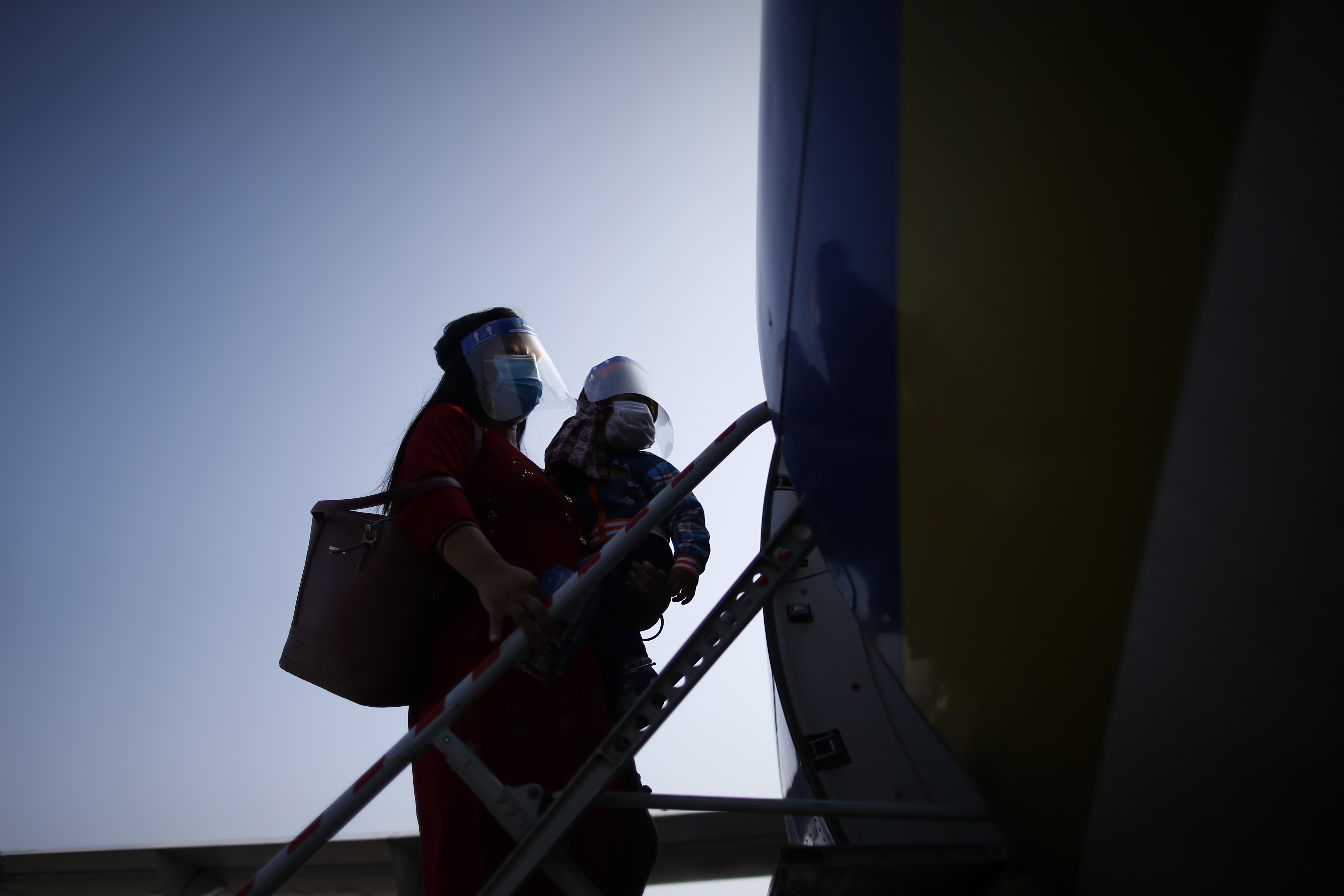COVID-19 impacts Nepal’s air travel
KATHMANDU, DECEMBER 7
The passengers’ movement in both domestic and international sector has declined drastically this year due to the ongoing COVID-19 pandemic.
According to the Ministry of Culture, Tourism and Civil Aviation (MoCTCA), the passenger numbers in the first 11 months were down about 65 per cent in the domestic sector and about 72 per cent in the international sector compared to the corresponding period of 2019.
Aiming at preventing COVID-19 infection from spreading, the government had imposed a nationwide lockdown towards March-end. Both domestic and international flights were finally resumed from September after almost an eight-month gap.
However, the passenger numbers have not picked up as expected, said Tourism Minister Yogesh Bhattarai addressing an event here marking the International Day of Civil Aviation.
All the members of International Civil Aviation Organisation (ICAO) across the world have observed International Day of Civil Aviation today with the slogan ‘Advancing Innovation for Global Aviation Development’.
Last year, the stakeholders had celebrated this day by organising various programmes. However, due to the pandemic, no major programmes were organised this year.
“Before the pandemic, we had expected significant growth in air traffic and aimed to welcome two million foreign tourists as the government had declared 2020 as Visit Nepal Year,” he said, “But around six months of lockdown and prohibitory order affected the flight movement.”
He further said that the pandemic has also heavily affected the major infrastructure projects and other development works.
“Our priority today is to ensure safety of travelling public and personnel involved in aviation sector to the best extent possible.
We hope this terrible period will pass and our collective efforts will be able to bring back aviation sector to its normalcy very soon,” he added.
On the occasion, Rajan Pokhrel, director general of Civil Aviation Authority of Nepal (CAAN), said by responding instantaneously to the needs generated by crisis, aviation has once again proved its significance.
“Transportation of medical supplies, repatriation missions for stranded passengers, rescue missions and flights relating to other essential supplies and services were made possible through air transportation,” he said, “The guidance provided by ICAO has been remarkably beneficial in our strenuous journey during this pandemic.”
He further committed to continue the effort for better results in the field of aviation safety and security.






